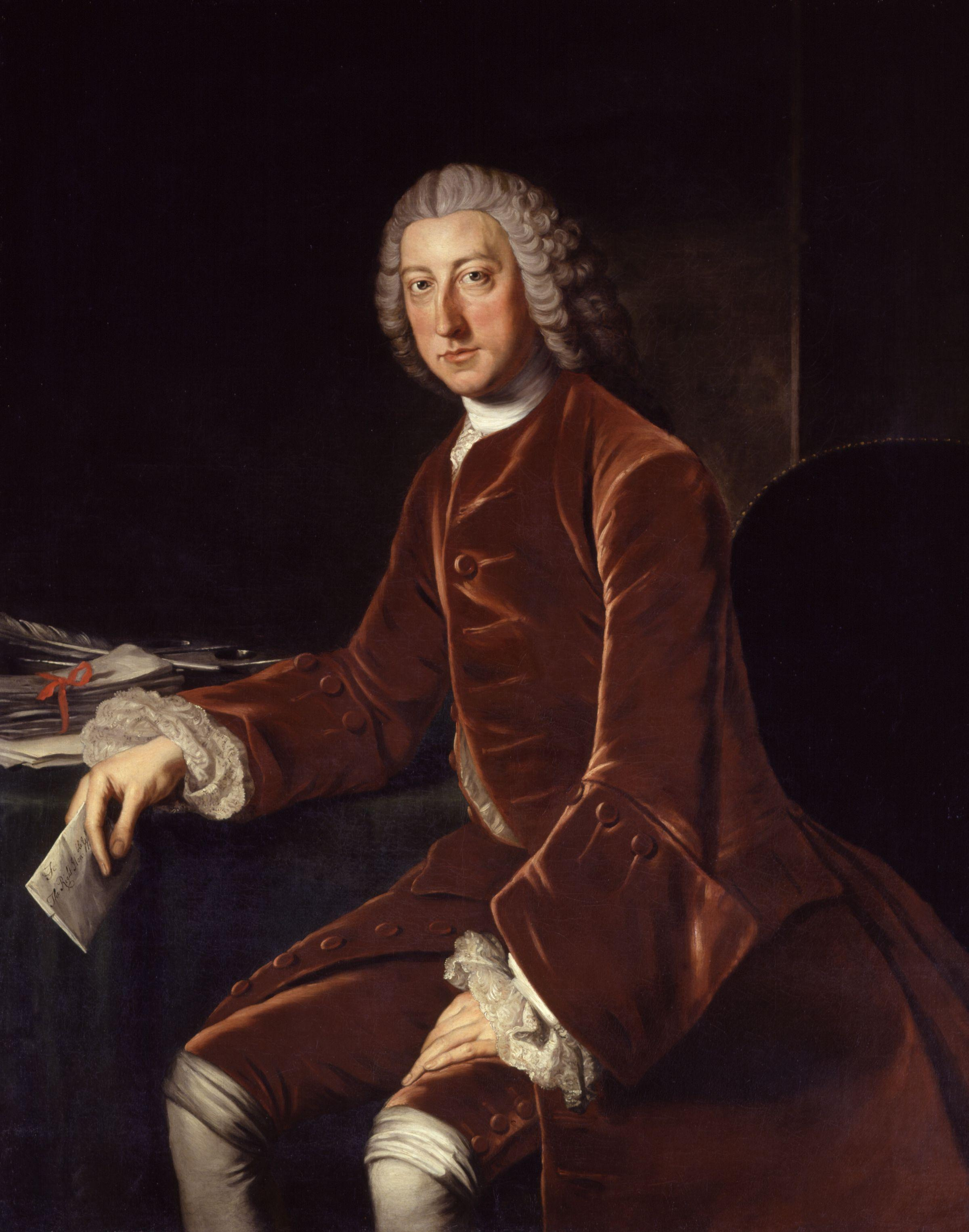Horace Walpole, Memoirs of King George II: Volume III (Yale University Press, 1985), p. 53.
About William Pitt
William Pitt: Citáty anglicky
Horace Walpole, Memoirs of King George II: Volume III (Yale University Press, 1985), p. 51.
About William Pitt
“I know that the conquest of English America is an impossibility.”
You cannot, I venture to say it, you CANNOT conquer America...As to conquest, therefore, my Lords, I repeat, it is impossible. You may swell every expense, and every effort, still more extravagantly; pile and accumulate every assistance you can buy or borrow; traffic and barter with every little pitiful German Prince, that sells and sends his subjects to the shambles of a foreign country; your efforts are for ever vain and impotent—doubly so from this mercenary aid on which you rely; for it irritates, to an incurable resentment, the minds of your enemies—to overrun them with the sordid sons of rapine and plunder; devoting them and their possessions to the rapacity of hireling cruelty! If I were an American, as I am an Englishman, while a foreign troop was landed in my country, I never would lay down my arms, never! never! never! ...I call upon the honour of your Lordships to reverence the dignity of your ancestors, and to maintain your own. I call upon the spirit and humanity of my country to vindicate the national character. I invoke the genius of the constitution. From the tapestry that adorns these walls, the immortal ancestor of this noble Lord frowns with indignation at THE DISGRACE OF HIS COUNTRY! In vain he led your victorious fleets against the boasted Armada of Spain; in vain he defended and established the honour, the liberties, the religion, the Protestant religion of his country, against the arbitrary cruelties of Popery and the Inquisition.
Speech in the House of Lords (18 November, 1777), responding to a speech by Henry Howard, 12th Earl of Suffolk, who spoke in favour of the war against the American colonists. Suffolk was a descendant of Howard of Effingham, who led the English navy against the Spanish Armada. Effingham had commissioned a series of tapestries on the defeat of the Armada, and sold them to King James I. Since 1650 they were hung in the House of Lords, where they remained until destroyed by fire in 1834.
William Pitt, The Speeches of the Right Honourable the Earl of Chatham in the Houses of Lords and Commons: With a Biographical Memoir and Introductions and Explanatory Notes to the Speeches (London: Aylott & Jones, 1848), pp. 150-6.
Had some of his Majesty's unhappy predecessors trusted less to the commentary of their Ministers, and been better read in the text itself, the glorious Revolution might have remained only possible in theory, and their fate would not now have stood upon record, a formidable example to all their successors.
Speech in the House of Lords (22 January 1770), quoted in William Pitt, The Speeches of the Right Honourable the Earl of Chatham in the Houses of Lords and Commons: With a Biographical Memoir and Introductions and Explanatory Notes to the Speeches (London: Aylott & Jones, 1848), p. 98.
Speech in the House of Commons (10 December 1766), quoted in Basil Williams, The Life of William Pitt, Earl of Chatham. Volume II (London: Longmans, 1914), pp. 228-229
1760s
Letter to the Bishop of Gloucester William Warburton (October 1762), quoted in W. S. Taylor and J. H. Pringle (eds.), Correspondence of William Pitt, Earl of Chatham: Vol. II (London: John Murray, 1838), p. 188
1760s
